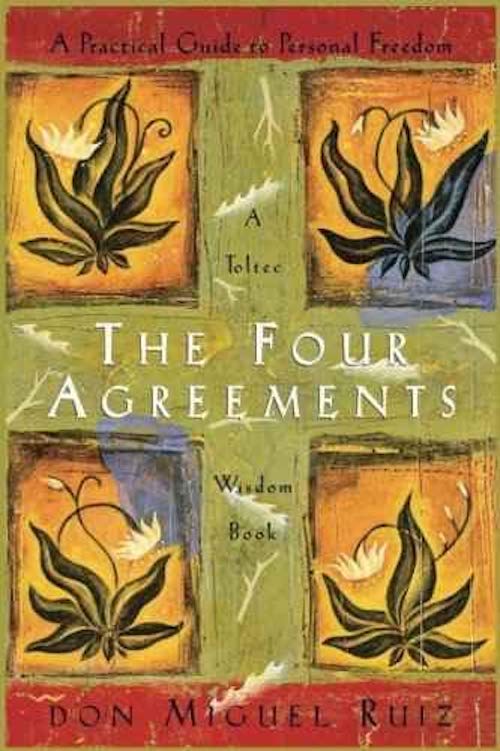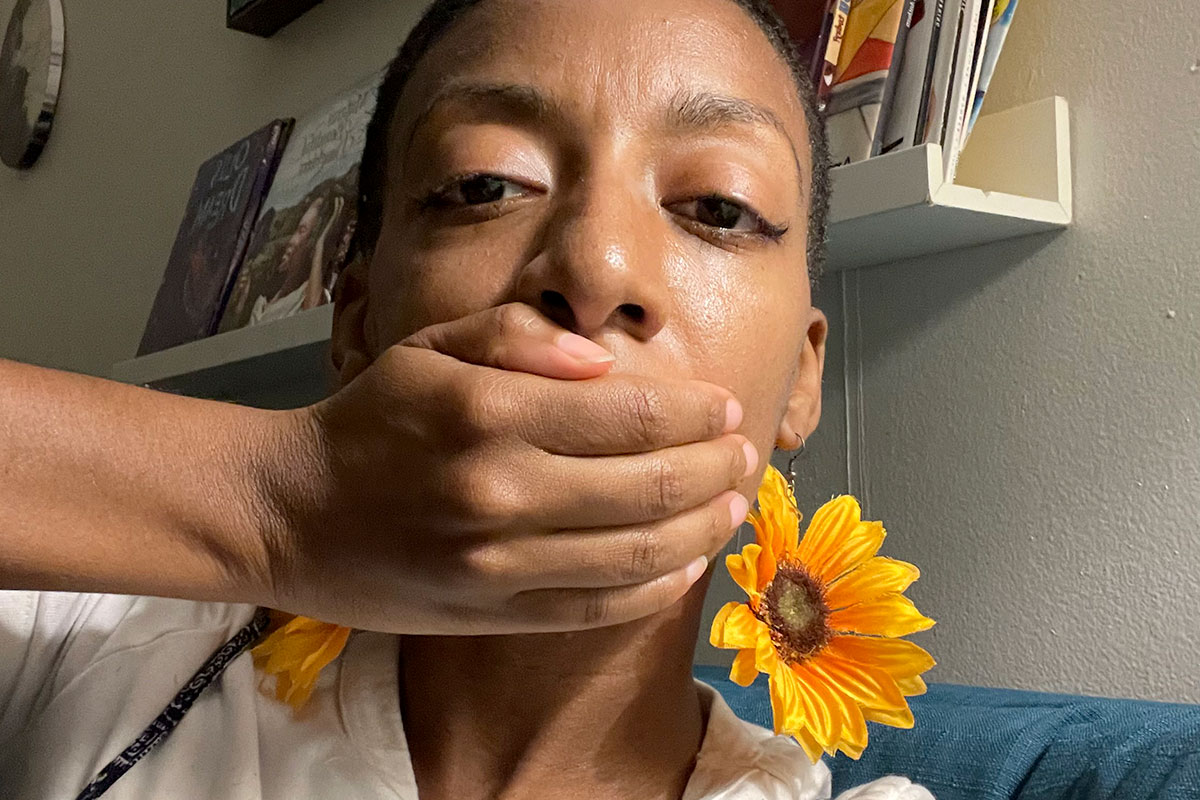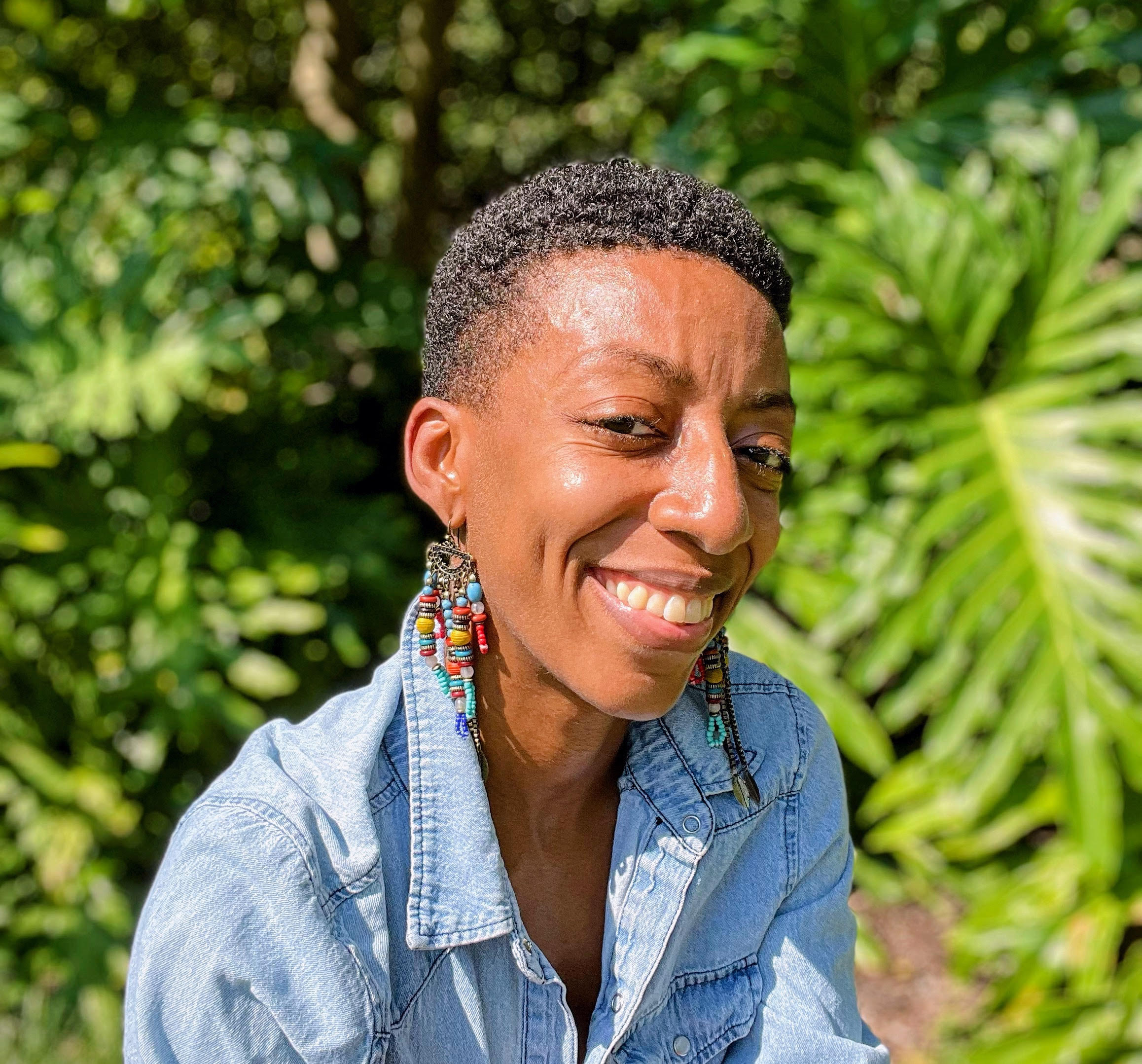I remember our firstborn watching me and my ex-husband have a disagreement on the phone. His dad took a tone with me that I did not like and I said I was about to end the conversation because it appeared that he was upset about something that had nothing to do with me. I told him that if he was upset about the summer schedule, he was welcome to be a part of the planning process next summer and told him to have a good day.
I am not really sure what was going through my son’s mind, but I saw him processing. Together, we read part of “The Four Agreements,” and discussed two of them: take nothing personally and be impeccable with your word. I’d like to think he was processing how I modeled these agreements while maintaining my dignity and honoring his dad’s. When we discussed being impeccable with our words, my son pushed back pretty hard, mentioning that he was about that retaliation life, and that he was not going to “take that level of disrespect.”

Most of us have a level of trauma that does not allow us to manage our response to perceived disrespect. After reading “My Grandmother’s Hands: Racialized Trauma and the Pathway to Mending Our Hearts and Bodies,” I was wondering how much of this is generational trauma masquerading as Black culture. Severely emotionally underdeveloped human traffickers taught us how to respond to embarrassment. We learned that the way to respond to having our intellect challenged, our physical strength tested, or embarrassment was to inflict physical and/or emotional pain. Black people learned that the powerful inflict pain when embarrassed.
But we also learned that tolerance for embarrassment is the safest response for those unable to wield their physical power. Safety can be a hell of a drug. It is what our brain craves and remembers, even when circumstances have changed—even when we no longer need to be protected.
As my mentor says, we have to re-story our responses. It doesn’t have to be violence or silence. We can create new ways of responding that better serve us in order to heal our generational trauma.
There’s a quote from Jonathan Larson, the late writer of the musical “Rent,” that I love: “The opposite of war is not peace. It is creation.” It is not living under oppressive rule for the sake of peace. Creation is not being silent in your pain or discomfort for the sake of not stirring the pot. It is coming up with a new way that better serves everyone. Healing is creative—creating new neural pathways, finding new ways to respond and new ways to engage. Healing is understanding what the underlying feeling is when we feel embarrassed, loss of control, inadequacy and weakness.
Wouldn’t it be something if we could put a space between the event and the response? If we could pause and say, “I feel embarrassed because I have lost control of you and that makes me feel weak and inadequate.” Followed by, “Wow, that is some oppressive thinking. Why do I have a desire to have control of you?”
I’m sure that I am not the originator of that thought. It reeks of white supremacy weaponized to inflict trauma. What if we restored our responses to something that would form a new pathway to safety?
What if we said, “I am embarrassed because I have been taught that I should desire to control people’s behavior,” and, “I declare that this is an expectation I wish to release.” Real power is to choose which emotion is best suited to resolve the situation.
I can tell my brain I am safe when my fight, flight or freeze response is engaged. I can choose to regulate it if there’s no actual threat.
I can breathe and let my heart speak.
I can breathe and let disappointment speak.
I can breathe and let fear speak.
Yes, I will let out all of my vulnerable emotions masquerading as hardcore anger. But I will always let Love have the last word.
This MFP Voices essay does not necessarily represent the views of the Mississippi Free Press, its staff or board members. To submit an essay for the MFP Voices section, send up to 1,200 words and factcheck information to azia@mississippifreepress.org. We welcome a wide variety of viewpoints.






